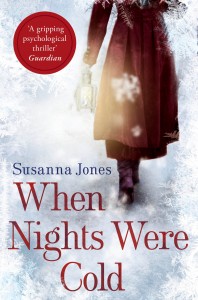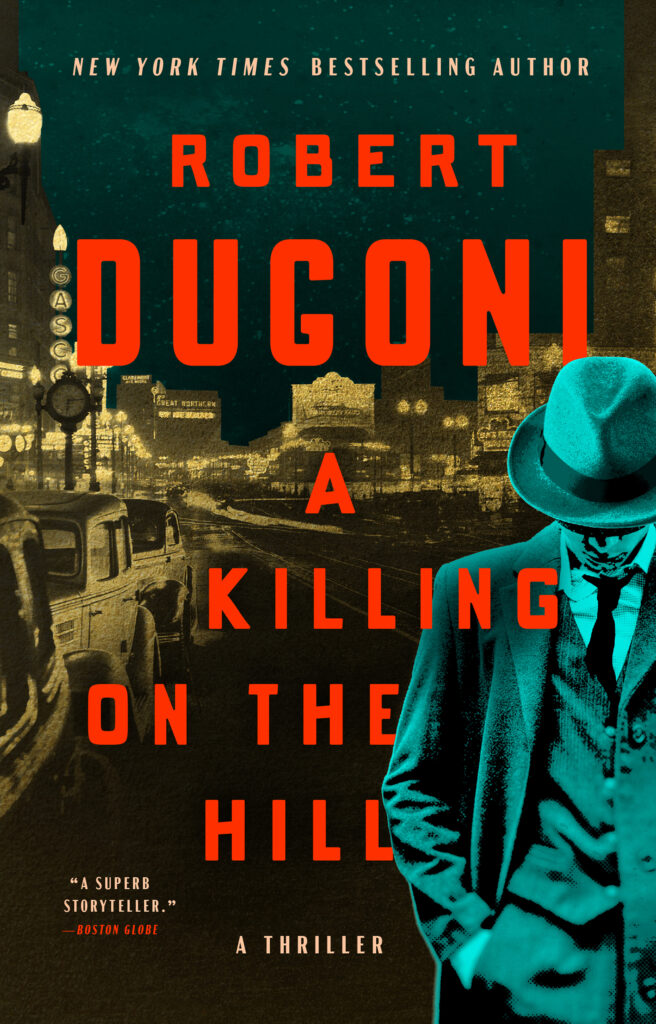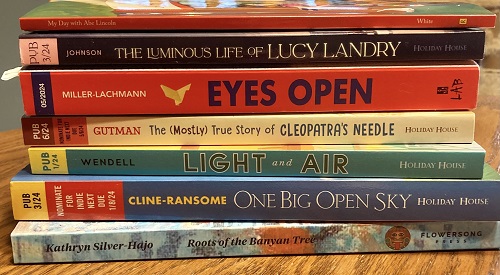New freedoms, new dangers: Susanna Jones’ Edwardian women
by Karen Howlett
The Edwardian era is the setting for Susanna Jones’ latest novel, the psychological thriller When Nights Were Cold. The protagonists are four young women whose daring attempt to climb the Matterhorn stems from ideals of emancipation and self-actualization, and one of their number – Grace Farringdon – tells their story; but is her account to be trusted?
Grace, like so many at the time, is an avid follower of the polar expeditions of Scott and Shackleton. Discontented with her sequestered domestic existence, she longs to be an adventurer herself, and enrolling in an all-female college, she and three fellow students form an Antarctic Exploration Society, studying their heroes’ exploits. The girls’ climbing trip to the Alps is more testing than they could have imagined, and the consequences of those dramatic events disturbing and long-lasting.
The book presents a fascinating picture of women at the time and of their response to their restricted lives; I asked Susanna whether the inequality between the sexes and the fact that so many paths were closed to women helped to enhance the image of men such as Scott and Shackleton – was women’s distance from these high-achievers a factor in their idolatry of them?
“I think it was. I was interested in the way in which these heroes inspired others to follow, or dream about following them. It’s clear that young men and boys were encouraged to look up to them, but I knew that girls must have read about the expeditions and dreamt of doing the same, so that was one of the beginnings to the novel. The fact that this world was closed, in Grace’s case, makes the longing stronger, and so an obsession. I’m attracted to writing about obsessive characters because I find them fascinating.”
Susanna puts her four young women in the Alps, a world in which danger is ever-present, where women rarely ventured, a place where extraordinary demands are made of them. Was she deliberately using a ‘male’ environment to test them?
“I have an interest in climbing, a love of mountains, so it was something I wanted to explore and write about, and I wanted to put my characters there, yes, to test them as humans trying to survive and to force the kinds of rivalries and conflicts that can exist in these situations. I also wanted to get them away from the conventions of their culture and safety of home to see what happens to them in a setting that is, on the one hand, dangerous and hostile and, on the other, without all the restrictions and expectations of life at home. So it’s both perilous and liberating.”
In setting the book at a time of social change, was Susanna consciously aiming to give a voice to women of the past?
“I wanted to find out what it might have felt like for a woman of the time to have lived through such an experience. In that sense it was more about giving a voice to someone from the past. It’s a tantalizing period because it almost seems within reach and it was a time of huge change for women. I wanted to get in there and imagine it.”
What inspired the book?
“There were images in my mind from an Alpine climbing course I did, quite frightening but beautiful fragments, and I wanted to make something from them. Another seed was an exhibition at the Royal Geographical Society where I was looking at things used by Shackleton in the Antarctic. Another came from my experience as a student at Royal Holloway, which was originally a women’s college. The atmosphere and sense of history in its main building is very potent and I thought it would be an exciting and rich environment for the young Grace.”
And so it has proved – the result is a highly atmospheric, gripping novel.
Susanna Jones is the author of The Missing Person’s Guide to Love, Water Lily, and The Earthquake Bird. When Nights Were Cold was one of the Fiction Uncovered Best British Novels of 2012. www.susanna-jones.com
About the contributor: KAREN HOWLETT writes about books at www.cornflowerbooks.co.uk.
______________________________________________
Published in Historical Novels Review | Issue 64, May 2013







